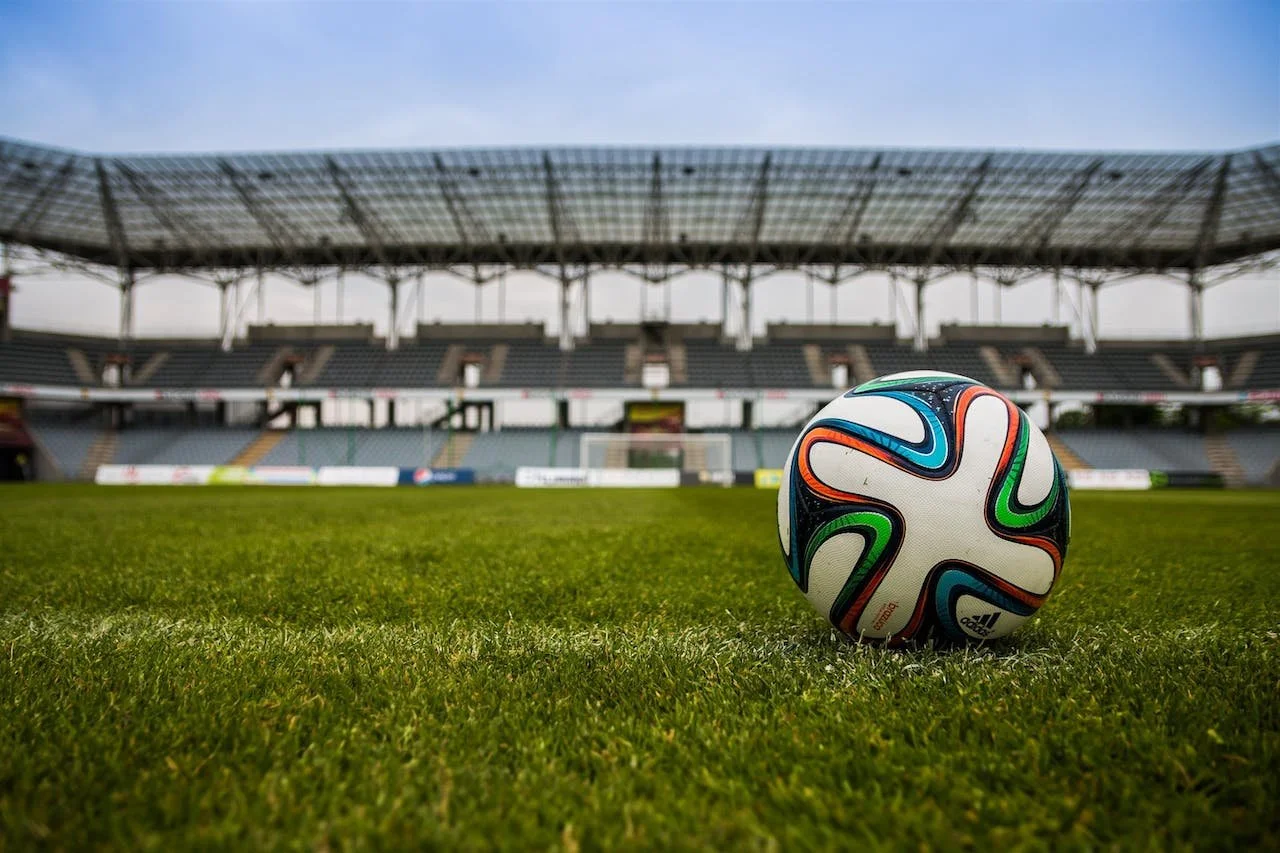Navigating Rehabilitation After a Sports Injury
The road to recovery after a sports injury takes multiple stages.
Sports injuries take a toll on the body and mind. Dealing with them demands resilience, hard work, and sound rehabilitation techniques. Rehabilitation is as much about rebuilding mental fortitude and resilience as it's about mending the body and going back into the game.
Here is a closer look at rehabilitation post-sports injury and what it takes to recover.
What Falls Under Rehabilitation
The road to recovery after a sports injury takes multiple stages. It begins with rest and immobilization so the body can heal and reduce swelling or pain. As the discomfort wanes, the focus shifts to gradually reintroducing motion exercises to regain flexibility and prevent stiffness. Strength training takes center stage slowly but surely to rebuild muscle and support the injured area.
With each phase, the ultimate goal is preparing oneself for the return to activity and preventing further harm. Patients must be dedicated, and attentively follow the doctor's instructions. But with perseverance and determination, athletes can return stronger and better.
The Rehabilitation Team
Skilled physicians, compassionate physical therapists, dedicated athletic trainers, and empathetic mental health professionals might all come together to help with sports injury recovery. The physician is the orchestrator, addressing and monitoring every aspect of the patient's recovery.
Personalized Plans
Injury and recovery are specific to every athlete. No two experiences are the same, so rehabilitation plans must fit the individual. The type and severity of the injury, the athlete's physical capabilities before the injury, and the specific demands of their sport all make a difference.
Functional Rehabilitation
In functional rehabilitation, the goal is to restore an athlete's performance fully. It goes beyond traditional physical therapy and instead incorporates movements specific to their sport. The athlete prepares to return to the sport without the risk of more injury by simulating movements and gradually increasing intensity in a safe and comfortable environment. The training merges physical exercise and mental training.
Mental Health and Emotional Support
Sports injuries take an emotional toll on patients. Although they're physically resilient, athletes may be overcome with frustration, anxiety, and even depression during the tedious recovery. During this difficult time, they must get proper mental health support to cope with these challenges and stay positive. Athletes can find the inner strength to persevere through the rehabilitation and emerge stronger than ever with just a little extra help.
Preventing Injuries
After recovering from a sports injury, the next step is to master the means to avoid injuries in the future. The athlete can learn about better warm-up and cool-down methods, adapt the training routine, and recognize the indicators of overexertion. They should also talk openly with their coaches and trainers and be comfortable with expressing concerns or discomfort.
Recovery and Strength
Coming back from a sports injury takes a lot of hard work, both physically and mentally. But with the right support system and a plan, athletes can bounce back even better than before. It's a team effort, with doctors, coaches, physical therapists, and trainers all working together to get you back in the game.
If you are looking for occupational or physical therapy, vestibular rehab, wheelchair training, learning to walk, unweighting aquatic therapy, or other services in the Phoenix area, please call Touchstone Rehabilitation at 602-277-1073.

